Free solar? Alex Honnold’s other mission

Roula Khalaf, Editor of the FT, selects her favourite stories in this weekly newsletter.
Many people will know American climber Alex Honnold from the documentary film Free Solo, in which he completed a ropeless ascent of Yosemite’s 1,000m El Capitan. They probably know him less as an environmentalist whose non-profit foundation donates more than $2mn to help people access solar energy across the world.
Honnold has always been preoccupied with the environment. In his 20s, while living in his van between climbing expeditions, he would pore over environmental books, and he also read about the communities that live in the world’s most vulnerable areas. “I realised that there’s no point protecting the environment if that doesn’t also improve the standard of living,” says Honnold, now 38. “Nobody cares about the environment unless their basic needs are met.”

Founded in 2012, the Honnold Foundation tackles energy poverty, climate change and social inequities by supporting community-led solar technology projects – ranging from lantern provision in east Africa to a first-of-its-kind solar microgrid in Puerto Rico. He describes solar power as being “an elegant, win-win solution”: 770 million people globally lack electricity, and with solar set to overtake other energy sources by 2027, the foundation’s work has been forward-thinking in bringing more sustainable, affordable and resilient power to the most marginalised.
Since the Oscar-winning success of Free Solo, Honnold’s profile has boomed, and with it, the impact of his foundation. Over the past three years, it has supported 48 partners in more than 20 countries and territories. In 2022, its grantmaking doubled thanks to a global community of corporate and individual supporters. Last October, it launched the Levine Impact Lab, an organisation that invests in grassroots social-impact and environmental organisations including Southside Blooms, which repurposes land in Chicago as solar flower farms, and employs disadvantaged youth in sustainable agriculture. The foundation is “using its platform to build a bridge between the wealthier philanthropic class and gritty grassroots leaders”, says Quilen Blackwell, founder of Southside Blooms.
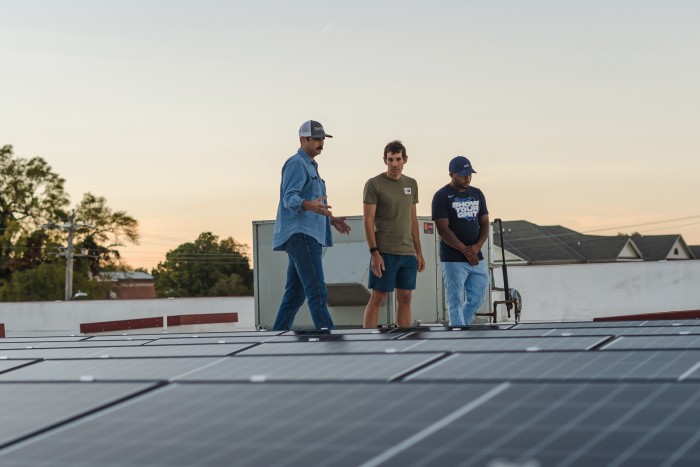
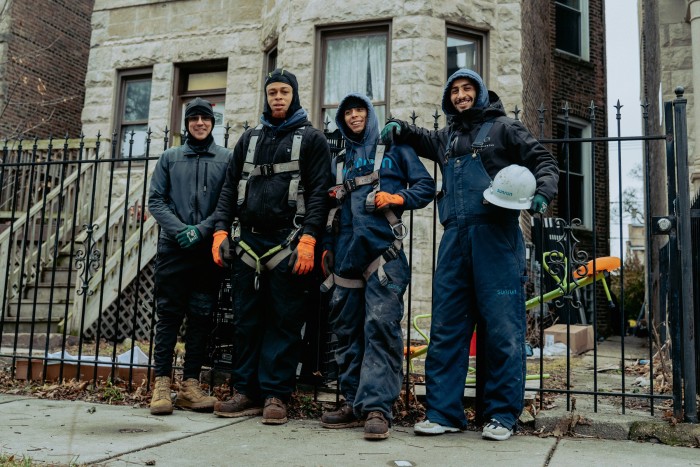
This March, the foundation’s largest project launched in Adjuntas, Puerto Rico: the island’s first cooperatively managed solar microgrid, powering 14 small businesses with 10 days of outage back-up. Hurricanes frequently devastate the existing “super-unreliable, super-expensive” grid powered by US-imported diesel. Says Honnold: “It just feels good to help demonstrate that these other ways can work.”
Honnold donates around 33 per cent of his income to the foundation. “Being a climber, I always have relatively clear goals and priorities, and I don’t need material things to do those things,” he says. Fellow professional climber and The Dawn Wall star Tommy Caldwell says of Honnold: “Despite, or possibly because of his pragmatic approach to life, Alex is the most charitable person I know.”
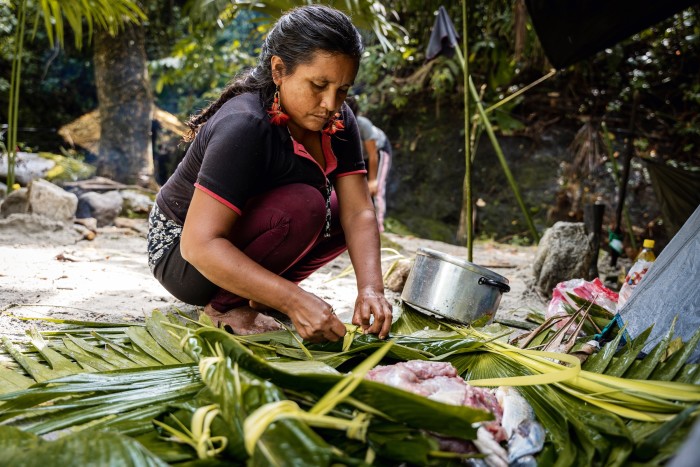
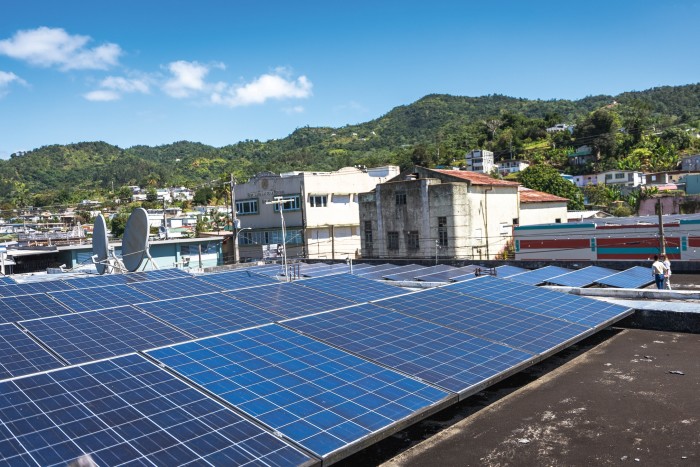
Honnold also parlays money earned from public appearances and endorsements into the foundation. “None of those things makes you a better climber – they take time away from climbing,” he says. “But I get to do the fun things and still feel decent about doing something positive with it.”
Like his approach to climbing, Honnold brings a guiding principle to the foundation that is extremely comfortable with risk. His attitude is unusual in the nonprofit world: “We accept the fact that things will fail from time to time. You can’t fund interesting, innovative projects with a guarantee of success.”
The foundation now attracts over 2,500 applications for project partnerships from more than 150 countries – representing a $150mn investment – against a current $2mn purse. Honnold is determined that its impact continues to scale: “I want to feel like we’re on the right side of history, that we’ve done more good than harm.
“The scale of global energy poverty issues seems overwhelming, but if you break it into pieces, work on each segment, eventually you wind up doing a lot more than you expect,” he concludes. “If the main lesson from climbing is to ‘try the hard thing’ that inspires you, just getting off the ground is the crux.”
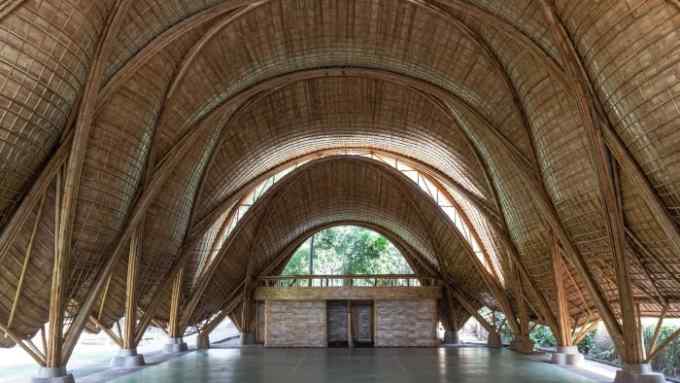
Comments